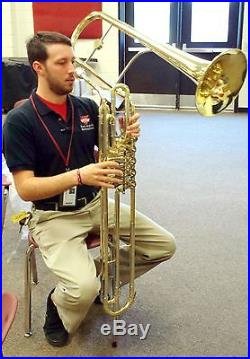I'm kinda new here still on this forum, but maybe some will recall that I'm a retired U.S. Army musician. Over an entire career, I've played and played and played lotsa music, all types and all styles. This piece, a tone poem originally written for symphony orchestra by Ottorino Respighi (an Italian guy) in 1924, consists of 4 individual sections, each of which covers settings of pine forests in and around Rome. Entitled "The Pines of Rome", this section, played by the U.S. Marine Band (President's Own), is the last of the entire piece and is called "Pines of the Appian Way."
The Appian Way is one of the roads that the Roman legions used to march to and from Rome on their various military campaigns. Imagine you're a legionnaire who has been on the march for months, have seen good friends die in battle, and as you approach Rome, your exhaustion - little by little - drops and you find new energy and new purpose in drawing close to your home. This is powerful music, and for a brass player like me, it's an opportunity to (with control and precision) play that triple fortissimo that we're normally held back from. It starts quietly, as if from a distance, then grows louder and more pressing as the Roman legion draws closer to Rome.


